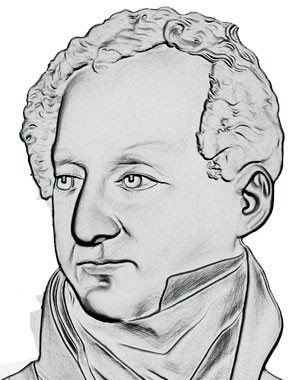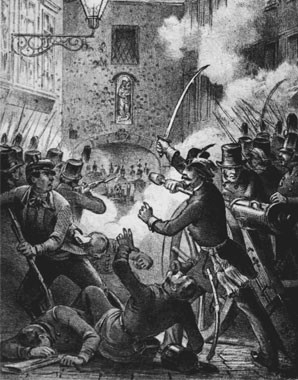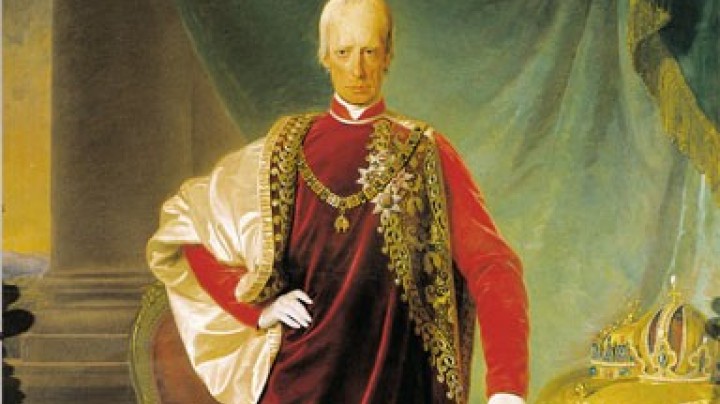The King’s Deputy: Archduke Josef, ‘József nádor’
Habsburgs are generally speaking not greatly loved in the lands they formerly ruled. With certain exceptions: Palatine Josef of Hungary, for instance, is still the subject of a monument to his memory in Budapest.
The year 1795 saw Archduke Josef, son of Emperor Leopold II and brother of Emperor Franz, being appointed Palatine of Hungary, a post he held for more than half a century. As such he was the deputy of the King of Hungary – who was of course none other than the Emperor in his capacity as the head of the house of Habsburg. When the Metternich System collapsed in the revolution of 1848, Josef was confronted with the difficult task of defending Habsburg interests at the same time as pressing Hungary’s claims for greater rights. The conflicts of interest in which he was constantly caught up as Hungarian governor became particularly acute at the revolution. In the end Josef aligned himself with the modernizers and supported the foundation of new Hungarian national institutions such as the National Museum, the Hungarian Academy of Sciences and the Military Academy (Ludoviceum). Josef was also active in the field of economics, pushing through the building of the first Hungarian railway in 1827 and the foundation of the Pester Ungarische Commerzbank (from 1831).
Josef’s closeness to the Hungarian people earned him their affection and the reputation of being a ‘Habsburg with the purest Hungarian heart’. Only a few years after his death, a statue was erected in Pest to the memory of Palatine Josef or ‘József nádor’, as he is known in Hungarian. Even after the First World War, the statue remained standing on the square named after him: ‘József nádor tér’. His was a happier fate than that of a number of his relatives: after the end of the war, all the five Habsburg rulers with statues on Budapest’s Heroes’ Square were symbolically overthrown by being removed from the Millennium Monument.



















